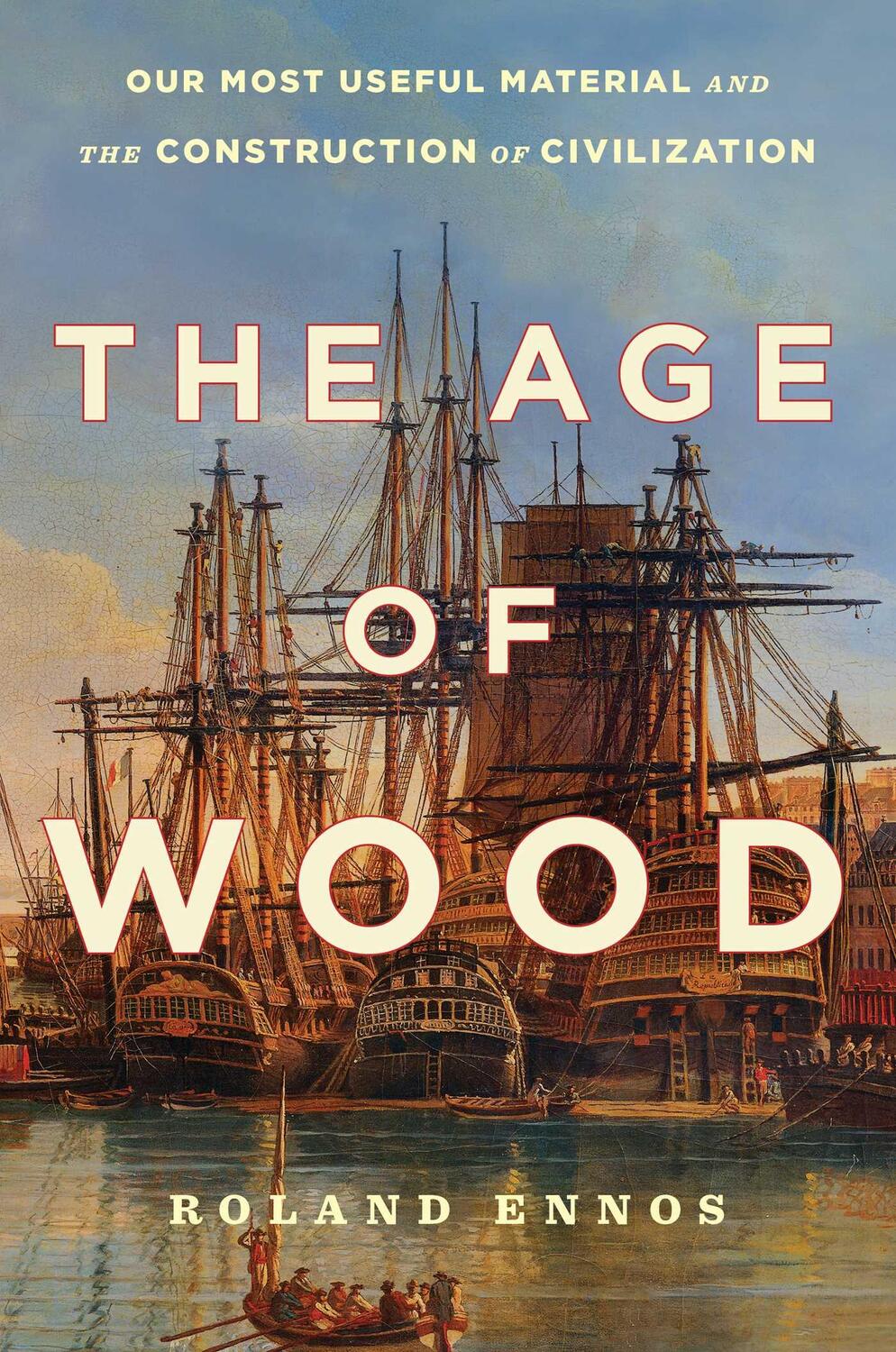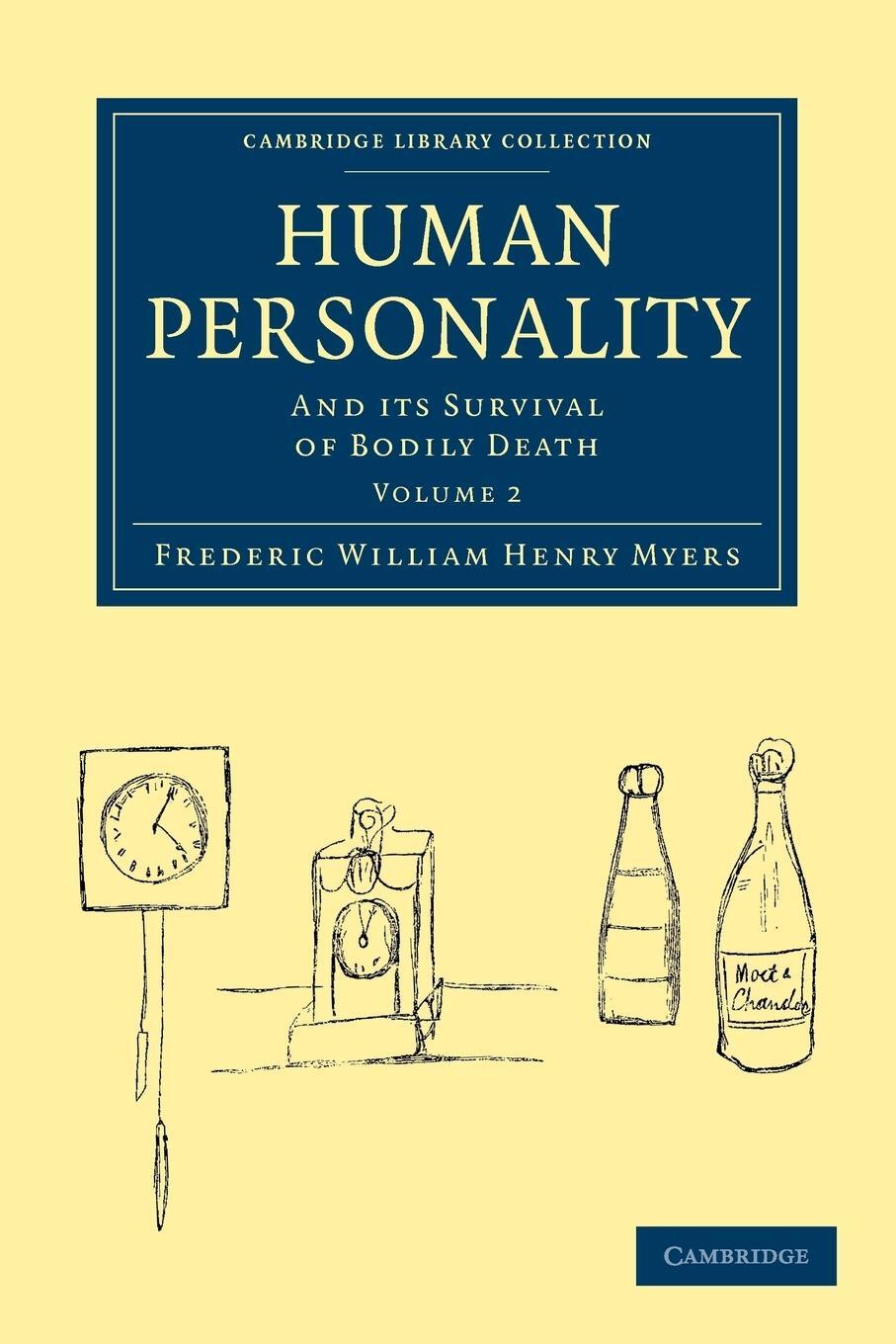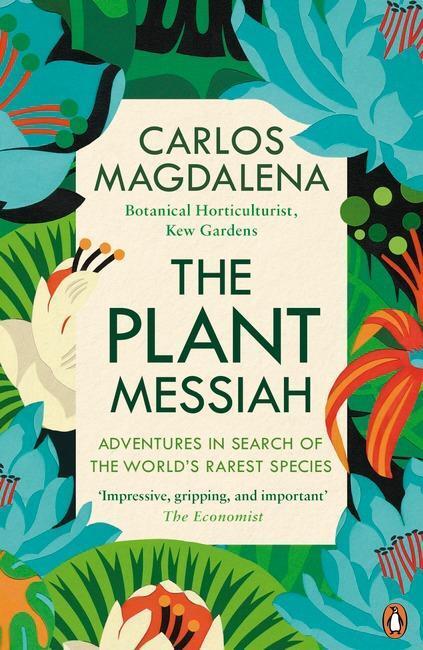Dekorationsartikel gehören nicht zum Leistungsumfang.
Sprache:
Englisch
28,50 €*
Versandkostenfrei per Post / DHL
Aktuell nicht verfügbar
Kategorien:
Beschreibung
A groundbreaking examination of the role that wood and trees have played in our global ecosystem—including human evolution and the rise and fall of empires—in the bestselling tradition of Yuval Harari’s Sapiens and Mark Kurlansky’s Salt.
As the dominant species on Earth, humans have made astonishing progress since our ancestors came down from the trees. But how did the descendants of small primates manage to walk upright, become top predators, and populate the world? How were humans able to develop civilizations and produce a globalized economy? Now, in The Age of Wood, Roland Ennos shows for the first time that the key to our success has been our relationship with wood.
Brilliantly synthesizing recent research with existing knowledge in fields as wide-ranging as primatology, anthropology, archaeology, history, architecture, engineering, and carpentry, Ennos reinterprets human history and shows how our ability to exploit wood’s unique properties has profoundly shaped our bodies and minds, societies, and lives. He takes us on a sweeping ten-million-year journey from Southeast Asia and West Africa where great apes swing among the trees, build nests, and fashion tools; to East Africa where hunter gatherers collected their food; to the structural design of wooden temples in China and Japan; and to Northern England, where archaeologists trace how coal enabled humans to build an industrial world. Addressing the effects of industrialization—including the use of fossil fuels and other energy-intensive materials to replace timber—The Age of Wood not only shows the essential role that trees play in the history and evolution of human existence, but also argues that for the benefit of our planet we must return to more traditional ways of growing, using, and understanding trees.
A winning blend of history and science, this is a fascinating and authoritative work for anyone interested in nature, the environment, and the making of the world as we know it.
As the dominant species on Earth, humans have made astonishing progress since our ancestors came down from the trees. But how did the descendants of small primates manage to walk upright, become top predators, and populate the world? How were humans able to develop civilizations and produce a globalized economy? Now, in The Age of Wood, Roland Ennos shows for the first time that the key to our success has been our relationship with wood.
Brilliantly synthesizing recent research with existing knowledge in fields as wide-ranging as primatology, anthropology, archaeology, history, architecture, engineering, and carpentry, Ennos reinterprets human history and shows how our ability to exploit wood’s unique properties has profoundly shaped our bodies and minds, societies, and lives. He takes us on a sweeping ten-million-year journey from Southeast Asia and West Africa where great apes swing among the trees, build nests, and fashion tools; to East Africa where hunter gatherers collected their food; to the structural design of wooden temples in China and Japan; and to Northern England, where archaeologists trace how coal enabled humans to build an industrial world. Addressing the effects of industrialization—including the use of fossil fuels and other energy-intensive materials to replace timber—The Age of Wood not only shows the essential role that trees play in the history and evolution of human existence, but also argues that for the benefit of our planet we must return to more traditional ways of growing, using, and understanding trees.
A winning blend of history and science, this is a fascinating and authoritative work for anyone interested in nature, the environment, and the making of the world as we know it.
A groundbreaking examination of the role that wood and trees have played in our global ecosystem—including human evolution and the rise and fall of empires—in the bestselling tradition of Yuval Harari’s Sapiens and Mark Kurlansky’s Salt.
As the dominant species on Earth, humans have made astonishing progress since our ancestors came down from the trees. But how did the descendants of small primates manage to walk upright, become top predators, and populate the world? How were humans able to develop civilizations and produce a globalized economy? Now, in The Age of Wood, Roland Ennos shows for the first time that the key to our success has been our relationship with wood.
Brilliantly synthesizing recent research with existing knowledge in fields as wide-ranging as primatology, anthropology, archaeology, history, architecture, engineering, and carpentry, Ennos reinterprets human history and shows how our ability to exploit wood’s unique properties has profoundly shaped our bodies and minds, societies, and lives. He takes us on a sweeping ten-million-year journey from Southeast Asia and West Africa where great apes swing among the trees, build nests, and fashion tools; to East Africa where hunter gatherers collected their food; to the structural design of wooden temples in China and Japan; and to Northern England, where archaeologists trace how coal enabled humans to build an industrial world. Addressing the effects of industrialization—including the use of fossil fuels and other energy-intensive materials to replace timber—The Age of Wood not only shows the essential role that trees play in the history and evolution of human existence, but also argues that for the benefit of our planet we must return to more traditional ways of growing, using, and understanding trees.
A winning blend of history and science, this is a fascinating and authoritative work for anyone interested in nature, the environment, and the making of the world as we know it.
As the dominant species on Earth, humans have made astonishing progress since our ancestors came down from the trees. But how did the descendants of small primates manage to walk upright, become top predators, and populate the world? How were humans able to develop civilizations and produce a globalized economy? Now, in The Age of Wood, Roland Ennos shows for the first time that the key to our success has been our relationship with wood.
Brilliantly synthesizing recent research with existing knowledge in fields as wide-ranging as primatology, anthropology, archaeology, history, architecture, engineering, and carpentry, Ennos reinterprets human history and shows how our ability to exploit wood’s unique properties has profoundly shaped our bodies and minds, societies, and lives. He takes us on a sweeping ten-million-year journey from Southeast Asia and West Africa where great apes swing among the trees, build nests, and fashion tools; to East Africa where hunter gatherers collected their food; to the structural design of wooden temples in China and Japan; and to Northern England, where archaeologists trace how coal enabled humans to build an industrial world. Addressing the effects of industrialization—including the use of fossil fuels and other energy-intensive materials to replace timber—The Age of Wood not only shows the essential role that trees play in the history and evolution of human existence, but also argues that for the benefit of our planet we must return to more traditional ways of growing, using, and understanding trees.
A winning blend of history and science, this is a fascinating and authoritative work for anyone interested in nature, the environment, and the making of the world as we know it.
Über den Autor
Roland Ennos is a visiting professor of biological sciences at the University of Hull. He is the author of successful textbooks on plants, biomechanics, and statistics, and his popular book Trees, published by the Natural History Museum, is now in its third edition. He is also the author of The Age of Wood and The Science of Spin. He lives in England.
Details
| Erscheinungsjahr: | 2021 |
|---|---|
| Genre: | Geschichte |
| Rubrik: | Geisteswissenschaften |
| Medium: | Buch |
| Seiten: | 318 |
| ISBN-13: | 9781982114732 |
| ISBN-10: | 1982114738 |
| Sprache: | Englisch |
| Einband: | Gebunden |
| Autor: | Ennos, Roland |
| Hersteller: |
Simon + Schuster LLC
Scribner |
| Maße: | 236 x 162 x 30 mm |
| Von/Mit: | Roland Ennos |
| Erscheinungsdatum: | 01.2021 |
| Gewicht: | 0,505 kg |
Über den Autor
Roland Ennos is a visiting professor of biological sciences at the University of Hull. He is the author of successful textbooks on plants, biomechanics, and statistics, and his popular book Trees, published by the Natural History Museum, is now in its third edition. He is also the author of The Age of Wood and The Science of Spin. He lives in England.
Details
| Erscheinungsjahr: | 2021 |
|---|---|
| Genre: | Geschichte |
| Rubrik: | Geisteswissenschaften |
| Medium: | Buch |
| Seiten: | 318 |
| ISBN-13: | 9781982114732 |
| ISBN-10: | 1982114738 |
| Sprache: | Englisch |
| Einband: | Gebunden |
| Autor: | Ennos, Roland |
| Hersteller: |
Simon + Schuster LLC
Scribner |
| Maße: | 236 x 162 x 30 mm |
| Von/Mit: | Roland Ennos |
| Erscheinungsdatum: | 01.2021 |
| Gewicht: | 0,505 kg |
Warnhinweis












